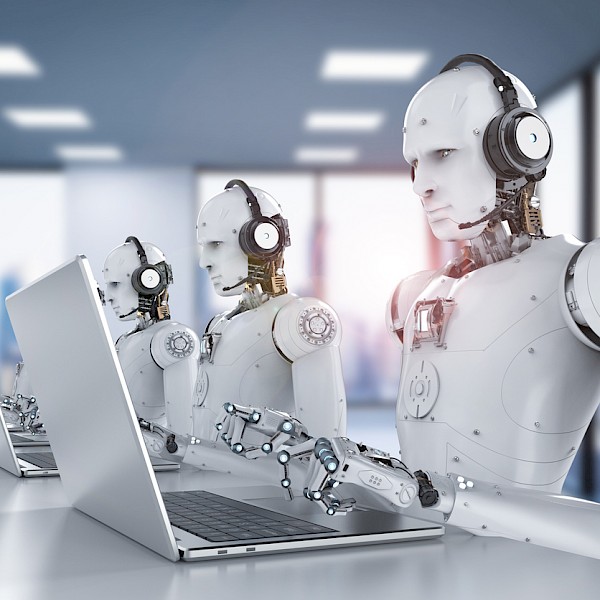Can AI help human decision makers fill in the gaps missed in data?



In the coming years, AI is likely to have a greater impact on the world than any other emerging technology. Whether delivering diagnoses in healthcare, powering conversational interfaces or providing market forecasts, AI will be everywhere. By 2030, McKinsey predicts that it will drive an additional $13tr of economic activity, globally.
Robot Process Automation (RPA) is already used to synchronise data and automate trivial tasks and processes; algorithms make choices and target messaging by analysing historic data; and interfaces are able to understand our written and spoken communications and predict both what we want and what we’re about to say next.


There is a common question whether AI/automation will replace human decision maker’s jobs. The AI of today, though, generally comes in the form of tools; and in most cases, these enhance human abilities, taking over repetitive and replicable tasks rather than replacing human job roles entirely. As a point of comparison, computer spreadsheets did away with the task of drawing up of tables on paper – but they also freed accountants to work on higher-level tasks and unlock enormous value for a far larger pool of people.
“Human decision makers still have skill that current AI systems struggle to replicate,” says David Hoyle, Head of Data Science at AutoTrader. “Consequently, skilled human decision makers with knowledge of a specific sector are a scarce resource. Automation of lower-level decision making processes will allow skilled decision makers to focus more time and effort on the more valuable and important decisions. Humans will be able to focus on aspects that are more important to a business or society in general.”


Analytics and forecasting is likely to be one of the areas where AI makes the biggest difference – enormously extending human abilities when it comes to crunching Big Data and drawing meaningful conclusions from it.
But can AI tackle ever-evolving information streams faster and more accurately than humans? “On a fixed given processing task, machine-based processing will be faster than human based processing,” says David. “As data and tasks evolve, the greater adaptability of human cognitive processes will still give humans an advantage. Existing AI-based processes will need modifying to the new tasks and data. These modifications will be done by Data Scientists and AI specialists, though the time taken to make such modifications will shorten as Data Scientists become more experienced in adapting existing AI approaches and methods to new business tasks.”
And the machines are changing. David explains, “We are seeing an increase in interest in AI meta-learning systems, such as recent research from Google on meta reinforcement learning, [that’s to say] systems that learn how to learn and whose scope to adapt to new tasks is greater. Such systems will be better than humans at analysing certain evolving data and tasks, but may still be limited in their scope.”


The key question of whether tasks can be automated can be answered by weighing up the positives and the negatives, says David.
“Where the value and/or risk in making a decision is high, the decision will still be made by a human, possibly augmented by AI, where the AI predictions can be shown to be accurate,” says David. “Where the value of the decision being made is intermediate with intermediate or low downside risk, then AI systems can replace human decision makers where the AI systems are accurate. Where the value of the decision is low and the downside risk of the decision is low, then AI systems can replace human decision makers as there is little benefit to using human resource to make the decision.”
What this means is that human supervision is a must for decisions that are particularly important or sensitive. Where algorithms are training themselves, meanwhile, inspection is absolutely critical – as the machine is working entirely outside of human direction and failures will go undetected without testing.
The upshot of all this is that humans and AI aren’t generally going to be working in isolation– but instead will be working closely together for a long time to come.

Empiric is a multi-award winning business and one of the fastest growing technology and transformation recruitment agency's specialising in data, digital, cloud and security. We supply technology and change recruitment services to businesses looking for both contract and permanent professionals.

Read more (pdf download)
Empiric are committed to changing the gender and diversity imbalance within the technology sector. In addition to Next Tech Girls we proactively target skilled professionals from minority groups which in turn can help you meet your own diversity commitments. Our active investment within the tech community allows us to engage with specific talent pools and deliver a short list of relevant and diverse candidates.
For more information contact
02036757777